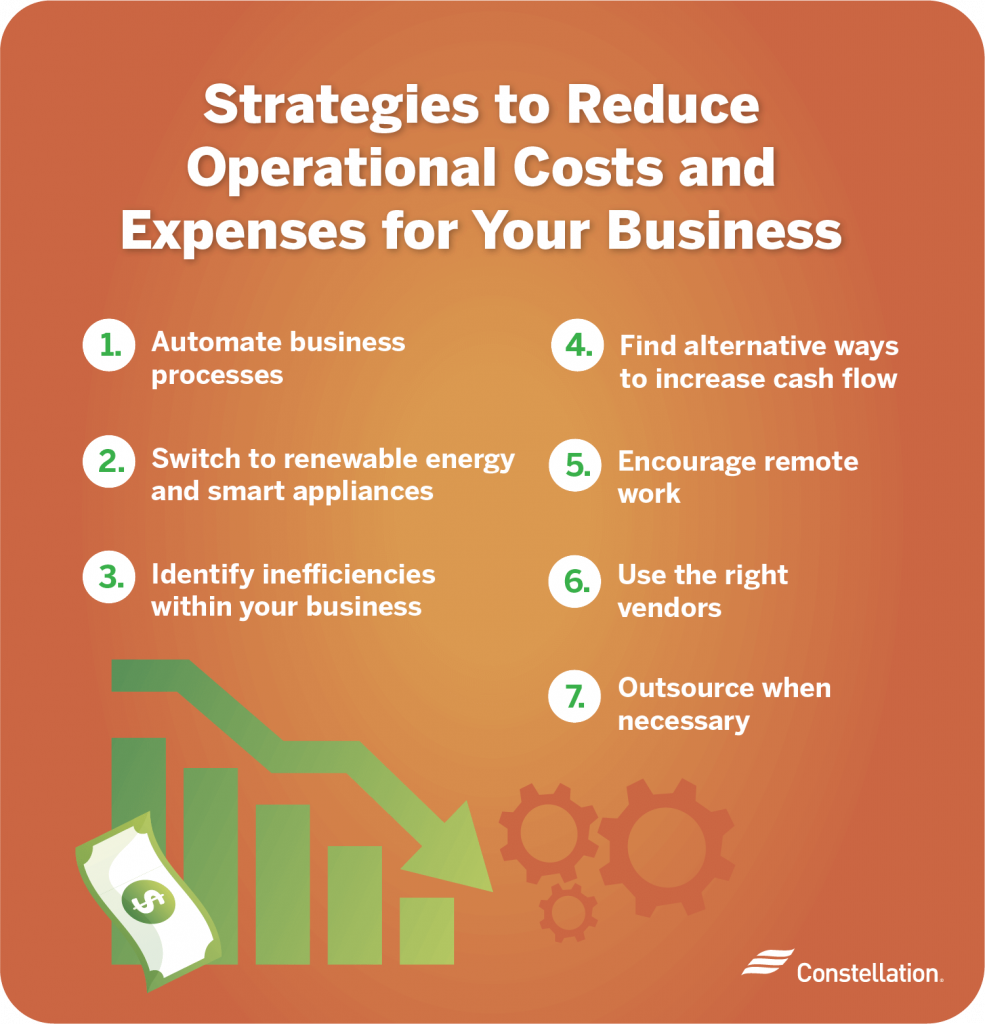Maximizing NOI: Effective Tactics for Reducing Property Operating Costs
In the competitive realm of real estate investment, optimizing Net Operating Income (NOI) is paramount. While increasing revenue is one avenue to greater earnings, a more immediate and controllable method is reducing operating expenses. With that in mind let’s talk about strategies to achieve this transformative event.

1. Benchmark and Monitor Expenses
Understand where your property stands in terms of operating costs is your very first step. Utilize an Operating Expense Ratio (OER), which is calculated by dividing total operating expenses by the effective gross income, “effective” gross income, after deducts like free rent, tenant improvements,, etc. This metric provides insight into the efficiency of property operations. Regularly comparing your property’s OER to industry standards can highlight areas needing improvement.
2. Implement Energy Efficient Solutions
Energy costs can constitute a significant portion of operating expenses (ask me how I know). Investing in energy efficient HVAC, LED lighting, appliances, and smart thermostats can lead to substantial savings. In addition, consider conducting energy audits to identify specific areas where energy consumption can be reduced. Side note: in college I worked at a municipal utility as conservation analyst. Check with your utility to see if they offer free or low cost audits.
3. Outsource Non Core Functions
Regular tasks such as landscaping, cleaning, and security can often be outsourced. This can be less cumbersome and more cost effectively than handling them in-house. Outsourcing allows owners or property managers to focus on core responsibilities while leveraging the expertise and efficiency of specialized service providers.
4. Regular Maintenance and Inspections
Be hyperactive and proactive about maintenance to prevent minor issues from escalating into major repairs. You and your team should establish a routine inspection schedule to identify and address problems early as they begin to develop (again, ask me how I know). This approach not only saves money but also extends the assets lifespan.
5. Negotiate Service Contracts
Regularly review and renegotiate contracts with service providers. A competitive bidding process can lead to better rates and services. To ensure that contracts are performance-based, be very with clear with your expectations, including penalties for non-compliance.
6. Leverage Technology
Adopting property management software can streamline operations. reduce administrative costs and improve tenant satisfaction. Features such as online rent collection, maintenance requests, and communication portals enhance efficiency and transparency.
Personal plug: we are soon launching RentPlexity, a PropTech software, which will deliver a comprehensive Property Management Marketplace that will rewire how rentals work, more to come on this in the following months.
7. Tax Assessment Reviews
Property taxes are a significant expense, and sometimes can be lowered. Regularly review tax assessments to ensure they reflect a current market value of the property. If over assessed, consider appealing the assessment to reduce tax liabilities. It’s a fairly simple process, takes some time, but if your advisor’s appeal is in your favor it’s well worth the time and effort.
8. Optimize Insurance Policies
Review your insurance policies annually to ensure you have adequate coverage at competitive rates. Bundling policies or increasing deductibles can lead to premium reductions so its something you should investigate with your insurance broker. Additionally, implementing risk management practices can make properties more insurable so be sure to ask both your property manager, and or your insurance broker if for recommendations.
Reducing operating expenses is the quickest way to increase revenue. It requires a proactive and strategic approach but can increase revenue which in turn increases value. Remember, benchmark costs, embrace energy efficiency, outsource wisely, maintain assets, negotiate contracts, leverage technology, review tax assessments, and optimize insurance policies. Yes, that’s a mouthful, but following these tactics can empower property owners to significantly enhance NOI and overall investment performance.



